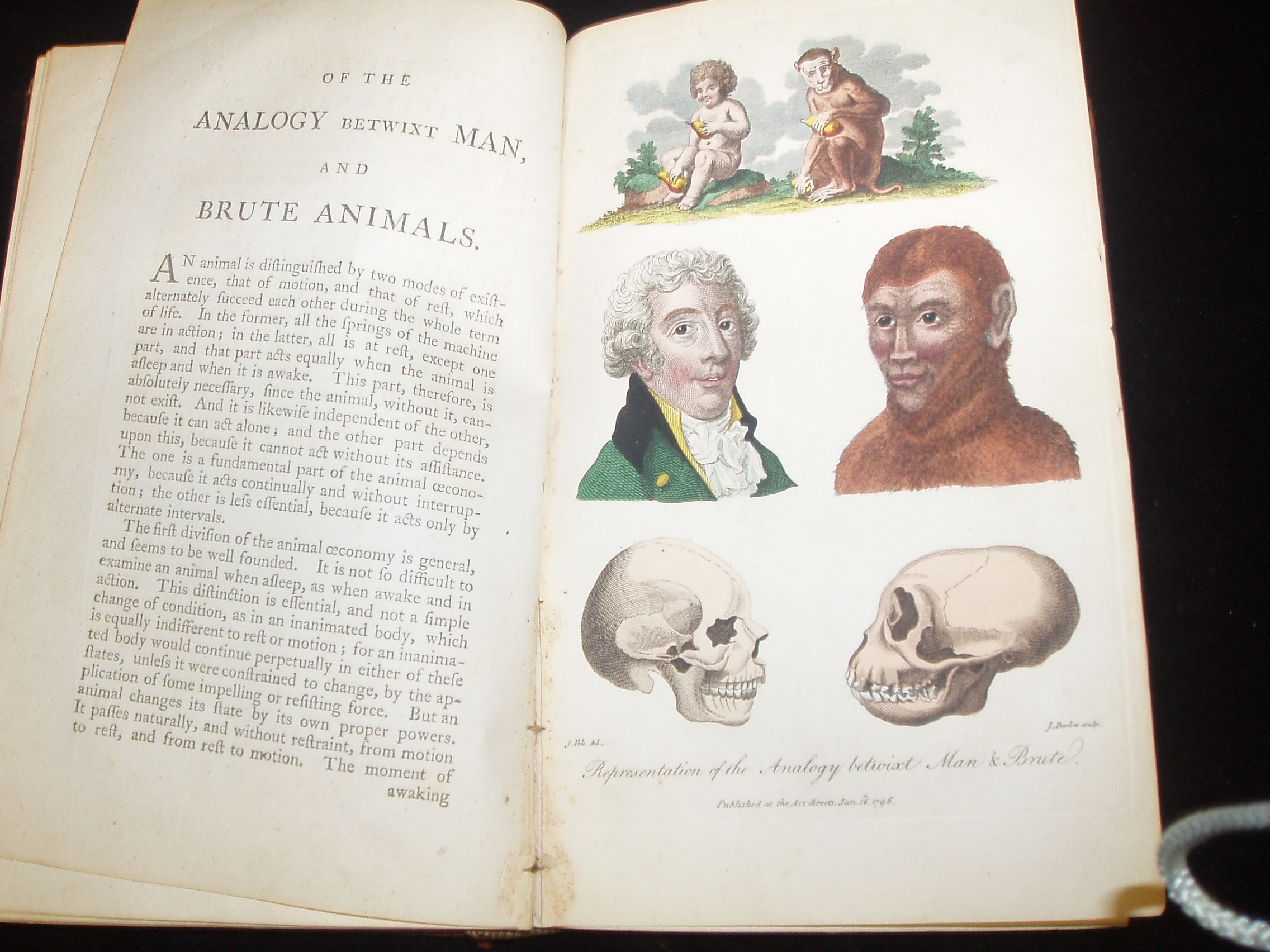

Disability Justice
January, 2008: Voices seen and heard: blogs everyone should read - Liberation by Disability: the paradox of competency and Inclusion
"Because there is no way for good people to admit just how bloody uncomfortable they are with us, they distance themselves from their fears by devising new ways to erase us from the human landscape, all the while deluding themselves that it is for our benefit."
- Cheryl Marie Wade
Disability is usually defined by what a person cannot do. But outside of the normative social realm, disability is really about how a person does things differerntly .
Within the cultural status quo, the onus of being "acceptable" for consideration to being included by others, is placed upon the person in question, rather than by those who are creating the standards and are choosing to accept or not. Frequently, inclusion must be "earned" by first mastering skills that enable the person to do things normally. Unfortunately, those skills are often more about enabling the person to pass for normal, than they are about enabling the person to achieve their own needs. For example, when the disabled person is deemed unfit to socialize because others find them "too weird" in their mannerisms or communication, this situation actually demonstrates that it is the others ( that ) have the greater difficulty in socializing. The disabled person carries the entire burden of being flexible, rather than both parties being flexible to engage in reciprocal socializing.
As a disabled person, one must pretend to be normal to avoid discomforting others and thus be acceptable. The noticeably disabled are kept at arm's length because they are visible reminders of others fear of frailty, lack of competency, and loss of status. The invisibly disabled are included until they are outed, and then face the others' sense of having been deceived. "Normal" is the status quo for not only being average and common, but also being okay and acceptable.
Disability is seen as synonymous with incompetence, rather than as a situation where one solves life problems by using different means. But disability is not about what you can't do- it's about how one does things differently...
for more, go to : http://qw88nb88.wordpress.com/2007/11/26/liberation-by-disability-the paradox-of-competency-and-inclusion/#more-220 and visit Andrea's Buzzing About: blog
The Ongoing Challenge Of Disability Justice
An Inquiry Into Educational Services Provided By State Funded Programs (PDF file); view the study in html here
Eliminating Poverty, Enabling Education: The global challenge for the 21st Century by Robert A. Geake; (PDF version here);
A Fragile Goodness: Questions on the Future of Philanthropy (PDF file; for a word version, please contact lrri@brown.edu
last updated May 24, 2008
back to enoble home